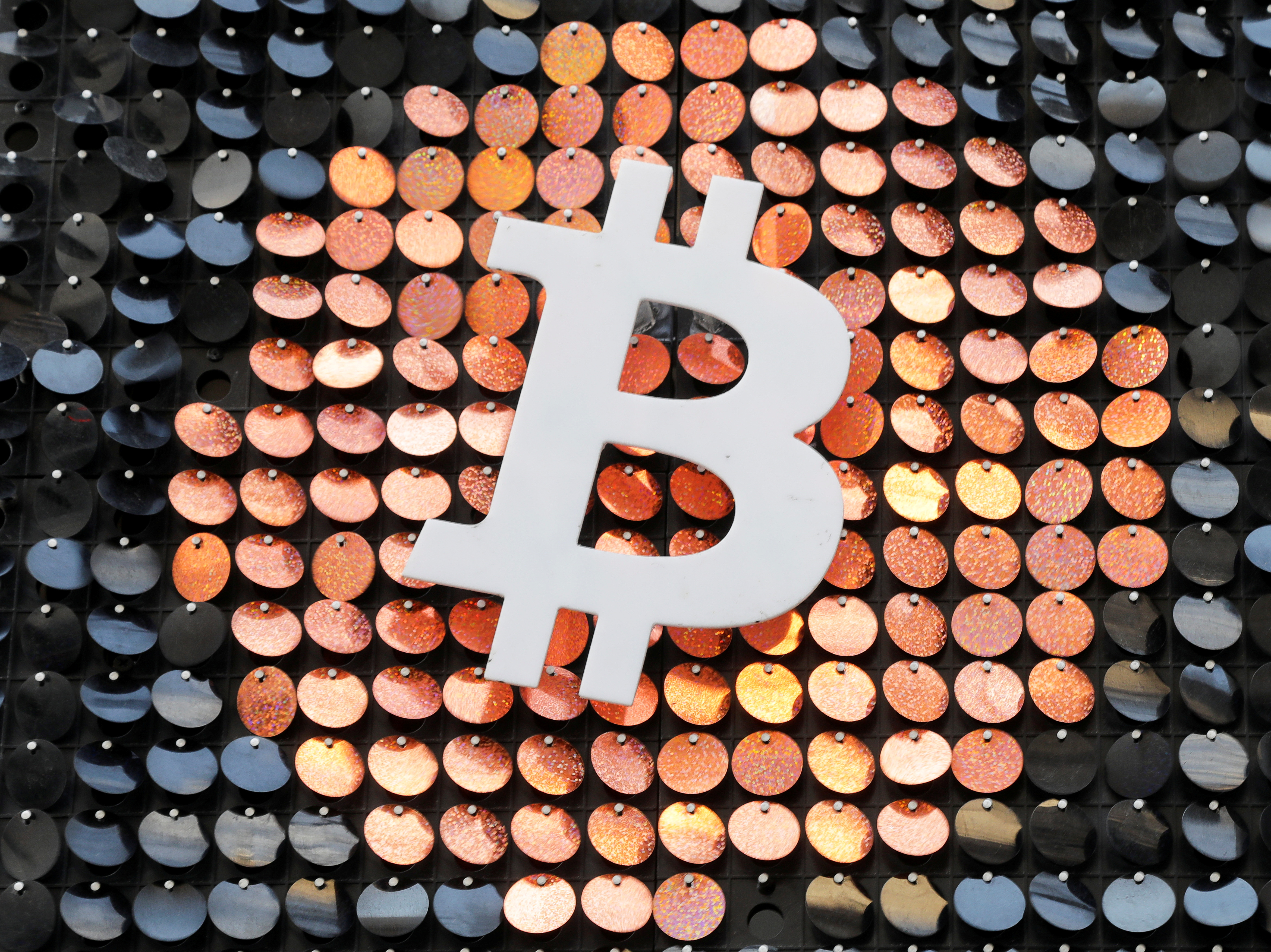(ATF) India’s move to introduce a Cryptocurrency Bill has created a wave of differing emotions among the country’s growing number of crypto investors – from fear that the government will ban private cryptocurrencies, confusion on how developments will play out, as well as relief that the sector will finally be regulated.
The Modi government said late last month it is fine-tuning a new law – the Cryptocurrency and Regulation of Official Digital Currency Bill, 2021 – which will be sent for approval soon.
Investors have unanimously welcomed the prospect of a bill to regulate the sector, despite the fact the government has revealed few details. It just said its intention was “to create a facilitative framework for creation of the official digital currency to be issued by the Reserve Bank of India”.
It added: “The Bill also seeks to prohibit all private cryptocurrencies in India; however, it allows for certain exceptions to promote the underlying technology of cryptocurrency and its uses.”
While the Bill is still in a formative stage with no certainty that all digital currencies except the official digital currency will be prohibited, the government’s statement has made crypto investors uneasy.
“This is confusing because there are no such thing as private cryptocurrencies. Such currencies are decentralised, and hence, all public,” Nischal Shetty, founder of Wazir X, a cryptocurrency exchange and trading platform told Asia Times Financial.
“However, the Bill is a welcome step because the Government is now taking initiatives to move forward. All these years the government has been non-committal and even reluctant to acknowledge cryptocurrency. I see the Bill as India’s willingness to participate in digital currencies, which is actually good for the economy,” Shetty said.
India’s struggle
The government has undoubtedly struggled on what stand to take in regard to the crypto sector, ever since digital currencies gained popularity back in 2017. Initially, it was opposed to them.
In December 2013, the Reserve Bank of India, or central bank, warned investors and crypto-holders about the risks of virtual currencies, saying they were highly speculative and had no underlying asset value.
And in 2018, the RBI got even more aggressive, banning banks from dealing in cryptocurrencies, because of concern over their use for funding terrorists, plus money laundering and other illegal activity.
But cryptocurrencies got a second chance after the Supreme Court lifted the RBI ban in March 2020.
Ever since, interest in crypto has sharply increased, with exchanges such as Wazir X, Unocoin and ZebPay reporting burgeoning trading volumes.
“We have seen tremendous interest in cryptocurrency that is growing at a rapid space. Ten million Indians today own digital assets including cryptocurrencies worth over $2 billion dollars,” said Shetty of Wazir X, an exchange platform that recently clocked a million new users.
The Elon Musk effect
Recently, Indian exchanges have said the price and volume of cryptocurrencies received a boost after Tesla chief Elon Musk announced his $1.5 billion investment in bitcoin.
The rise in interest has led to a constant supply of crypto in the Indian market, with over 340 local start-ups mining digital currencies but without any regulatory cover, according to the community.
Dinkar Kalra, solicitor registered with the Senior Courts of England and Wales told ATF: “At the moment any Tom, Dick and Harry can start their own cryptocurrency. Strict registration and background checks will be put into place before any cryptocurrency can be offered to the public or be allowed to interact with existing financial institutions. And this is why a regulatory regime, and hence, the Bill is welcome,” he said.
Experts believe the new regulatory framework will lead to the setting up of crypto networks that can offer advantages for businesses, citizens and even the government.
For instance, blockchain development is inherently tied into cryptocurrencies. So, legalizing them will pave the way for India to become a leader in blockchain solutions, they say.
Ajeet Khurana, founder of Genezis Network, a thinktank for crypto-start-ups, told ATF: “India has enough talent, computing power and the relevant infrastructure like a robust payment system and a huge population, to emerge as a blockchain superpower, just like its software industry, with an enabling policy framework.”
Regulation and savvy law enforcement should also weed out criminals and ensure that only genuine users stay involved with cryptocurrencies, Kalra said.
India opens the backdoor
But the RBI’s recent announcement of its intention to allow retail investors to open gilt accounts with the central bank and trade in government bonds, may have already opened India’s backdoor to its first official digital currency, experts say.
Last Friday (Feb 5), the central bank, in a monetary policy statement, proposed to provide retail investors with online access to the government securities market – both primary and secondary – directly through the RBI. It called the facility Retail Direct.
A week earlier, the RBI also announced its intent to explore its own central bank digital currency (CBDC).
The Retail Direct account will enable the opening of a relationship with RBI (for Indians) and to move from there to a CBDC would be easy because the Retail Direct Account will mimic physical currency and thus becomes a wallet to transact for RBI’s CBDC.
“So, Retail Direct is theoretically opening the backdoor for India to move towards a CBDC,” Krishna Hegde, head strategist of Bengaluru based fintech start-up Setu, told ATF.
























